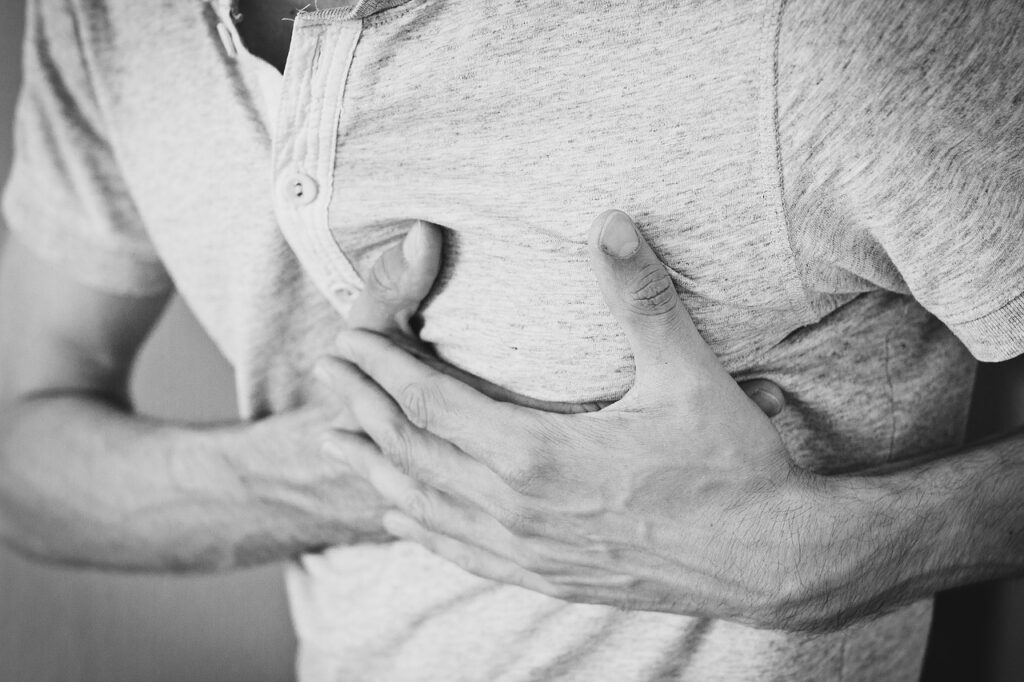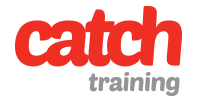First Aid for a Heart Attack- What Should You do When Alone?

You should always be aware of how to survive a heart attack when alone. Lessons on first aid for heart attacks are imperative for everyone, particularly those who have been searching as a precautionary measure on a heart attack. Firstly, you should know more about the major signs of a heart attack, including persistent pain in the chest, spreading to the neck, arms, back, jaw and stomach. Other symptoms include feeling sick, breathlessness and excessive sweating alongside. Heart attacks may ultimately lead to cardiac arrests. The former patient witnessed blockages where blood flow is stopped till the heart, and it does not work smoothly. This may lead to cardiac arrest when the heart stops fully functioning.
While getting prompt medical treatment for heart attacks is a major priority, you should also have some basic knowledge on how to survive a heart attack when it comes suddenly. You should take the following steps above all else:
- You should first call a local emergency helpline. Do not ignore any symptom or sign of a heart attack. Suppose you cannot find any emergency vehicle or ambulance to come to your location immediately. In that case, you should harness the knowledge of life-saving first aid skills and contact your neighbour or buddy to help you reach the nearest hospital. You should only drive by yourself if there is no other option left at your disposal. Driving will put you directly at risk along with putting other people at risk owing to a worsening condition.
- You should ideally chew an aspirin or swallow one while waiting for help to arrive. Aspirin helps in avoiding blood clotting. When consumed at the time of a heart attack, it may go a long way towards lowering risks of heart damage. You should not consume aspirin if you have any allergies to the same or have been advised not to consume it by your doctor.
- You should learn the suitable CPR survival procedure in this regard, particularly if you are helping someone with a heart attack. If the individual is not breathing properly or you are not finding any pulse, start doing CPR for keeping blood flow levels consistent post requesting medical help instantly. Push swiftly and hard on the centre of the chest in a fast and steady rhythm which is approximately 100-120 compressions per minute.
- You can consume nitroglycerin if it has been prescribed. If you feel that you can have a sudden heart attack and the doctor has prescribed nitroglycerin, consume as instructed. This should be done while you are waiting for emergency medical help to arrive.
- AED (automated external defibrillator), if it is available instantly and any individual falls unconscious, immediately follow the instructions mentioned on the device for using the same.
If you are completely alone with no one to help, call the emergency helpline first and then take aspirin immediately if it is available. Unlock your front door and lie down near the same in order to help workers find you quickly. There is no shortcut for stopping any heart attack without opting for emergency treatment at a hospital. You will discover several fast treatment methods recommended online, although you should refrain from trying the same. Cough CPR is another type of quick treatment. This states that deep breathing and coughing deeply thereafter may help in raising blood pressure for a couple of seconds. This may deliver more blood to the brain, and in case the heart is beating normally, then a deep cough may bring it back to normal levels.
Other recommendations include drinking water with cayenne pepper. Put a spoonful in a glass of water. Cayenne pepper reportedly has abilities to increase heart rates while delivering blood throughout the body, thereby balancing overall circulation levels. Yet, there is no hard and fast evidence that shows cayenne pepper working to prevent heart attacks. Talk to your consultant or doctor as early as possible for getting more information on the same. Do not wait for something to happen before trying it out. Chewing an aspirin tablet slowly will help immensely in thinning the blood. The consumption limit should be 300 mg for a single dose. Heart attacks usually lead to chest pain exceeding 15 minutes. Some people may suffer from chest pain of a mild variety, while others experience more severe pain. Discomfort levels may include heaviness in the chest or pressure. Some people may miss out on these symptoms as well. Women usually have vaguer symptoms as per experts including jaw/back pain or even nausea.
Warning signs may be witnessed a few days in advance or even some hours before you suffer from a heart attack. Watch out for these symptoms carefully and keep the above-mentioned tips in mind.

